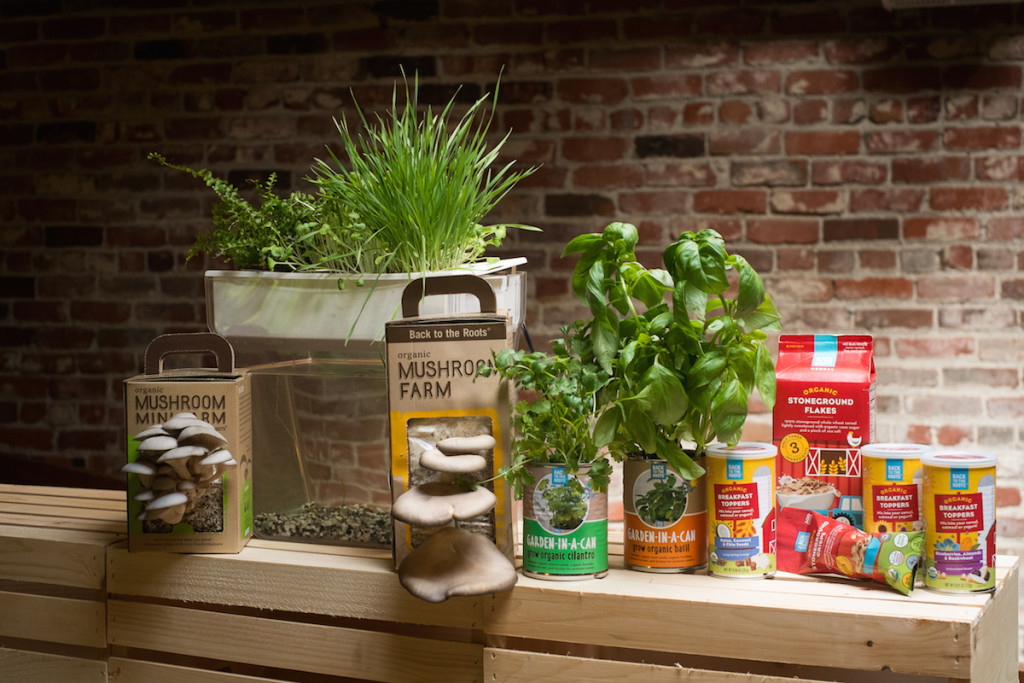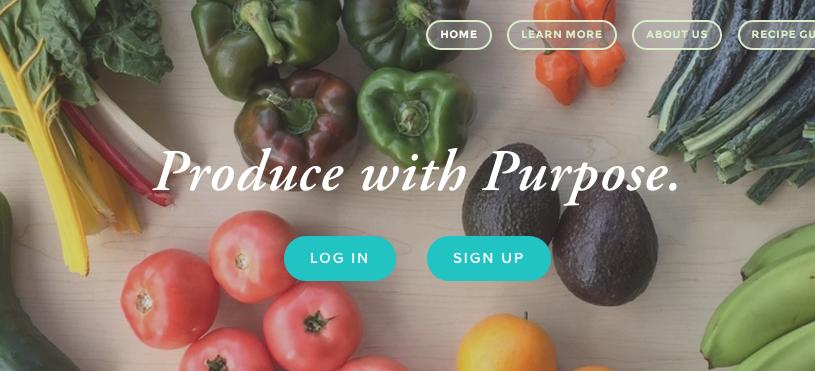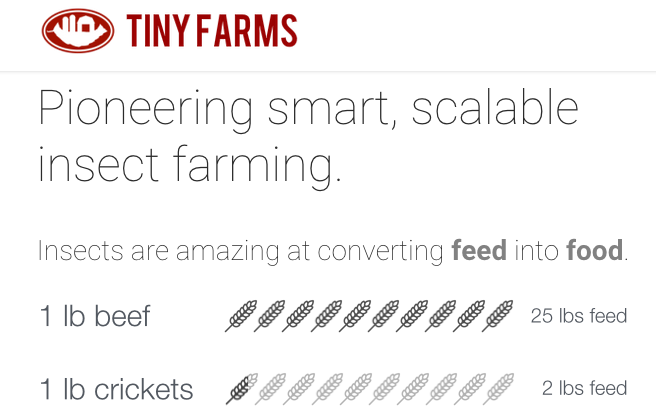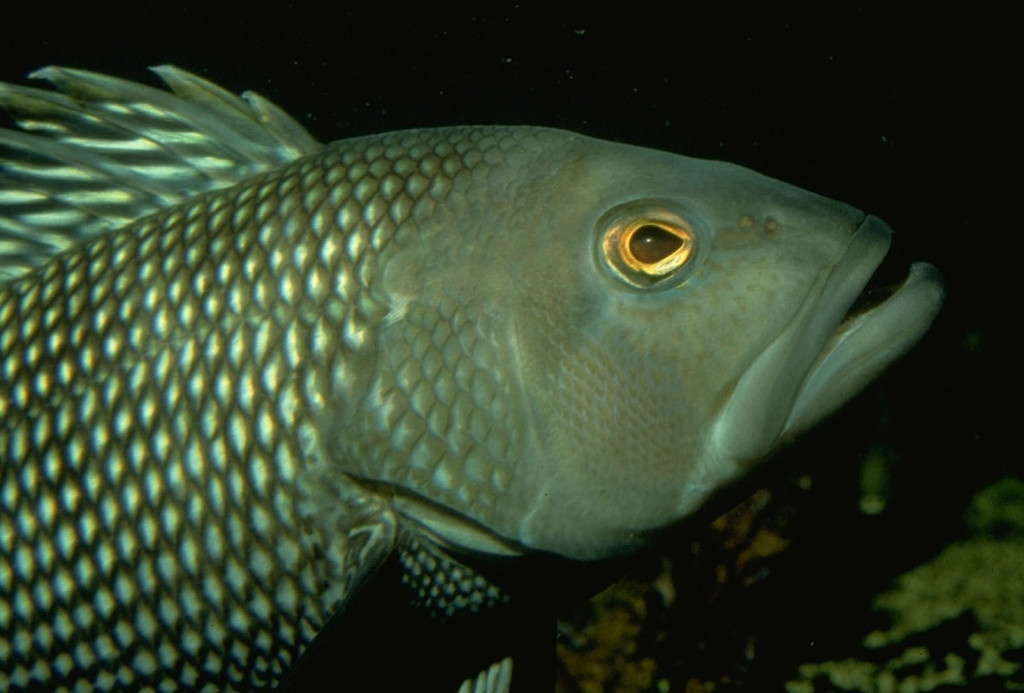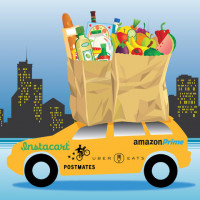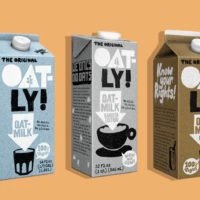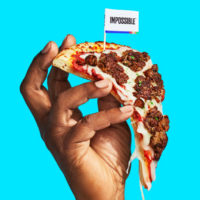
We face many big challenges when it comes to global food production. Resources like fresh water availability, arable land and oil are limited, and we must produce enough food to feed over 7 billion people. Yet, one third of the food we produce globally is wasted. All the while, we’re encountering more volatile, changing climates, which increase agricultural instability.
To overcome these obstacles, we must build new and innovative solutions to the way we grow, distribute and consume food. Over the past few months, I have had the opportunity to interview food startups who are working to solve these challenges on the Food Startups Podcast. Some are thriving already, while others are still in the early stages scraping and clawing to make it happen. Learn more about them below.
Back to the Roots®
Two Berkley undergrads graduated in 2009 and almost went into corporate America, but they decided to take a leap of faith and launch an at-home mushroom growing kit that uses recycled coffee grounds. What started out as a fun idea has grown into a nationally distributed brand that aims to be the “Pixar of food”. Its line of products, which now includs a self-cleaning fish tank, a garden in a can and a cereal brand with only 3 ingredients, are in Target, Home Depot and Whole Foods, among other retailers. Learn more about the startup’s growth in my interview with co-founder Nikhil Arora.
No Food Wasted
This app alerts consumers when food is close to going bad so that they can swoop in and purchase it at a discount. It’s a win-win for grocers and buyers and it prevents food from being wasted. No Food Wasted is live in Holland in 25 stores and is debating whether to enter the U.S. market in the near future.
U.S. startup FoodStar, which FTC covered in 2013, had a nearly identical business model and did not succeed. However, two years later, tech acceptance and global consciousness around food waste have both increased significantly.
Corigin
Corigin is a B2B company that converts forest and farm waste into bio-sustainable products for farmers including broad spectrum organic pesticides, organic amendments to neutralize alkaline water and soil amendments that help growers cut water and fertilizer use and increase crop yields. Check out my radio interview with Mike Woelk from Corigin here.
Hungry Harvest
This Maryland-based startup collects and delivers produce to consumers that may never makes it to grocery stores because it’s considered “ugly”. And for every bag of product it sells, it makes a matching donation to a local family in need. In the U.S., over 6 billion pounds of edible produce is wasted each year because it looks funny. Hungry Harvest is working to change our perception of what fruits and vegetables can and “should” look like. Learn more in my interview with co-founder Evan Lutz.
Tiny Farms
Former UN Secretary General Kofi Annan advocates that we should eat bugs to stop global warming. Eating bugs over beef saves water, space and methane gas emissions. Tiny Farms founder Daniel Imrie-Situnayake and his team are pioneering the insect-eating movement. They developed an open source grow-at-home bug farming kit. Based out of Oakland, Tiny Farms is on a mission to help the average joe grow edible insects.
Acadia Harvest
Overfishing in our oceans has become a major problem. How big? A staple in international cuisine, the blue-fin tuna is heading towards extinction, to name one example. Headquartered in Maine, Acadia Harvest produces sustainable farm-raised fish using cutting edge aquaculture techniques in a “low to zero waste” facility. The startup currently farms California yellow tail and black sea bass.
Find this article valuable? Help us continue bringing you the news, insights and community you depend on by making a small contribution. Learn more HERE.
Want more food waste innovation inspiration? Check out these posts:
- Reducing Food Waste & Creating a Sustainable Supply Chain [Infographic]
- Handpick Turns 150M+ Food Porn Posts into Recipes, Aims to Reduce Food Waste
- Upcycling Food Waste into Fertilizer to Catalyze a New Green Revolution
- How Mario Batali’s Restaurants Are Fighting Food Waste
- Waste Not, Want Not: 6 Technologies to Reduce Food Waste
________________
 Matt Aaron, a food entrepreneur since 2012, is sharing organic and exotic superfoods from South America. He is also producer and host of the Food Startups Podcast.
Matt Aaron, a food entrepreneur since 2012, is sharing organic and exotic superfoods from South America. He is also producer and host of the Food Startups Podcast.

